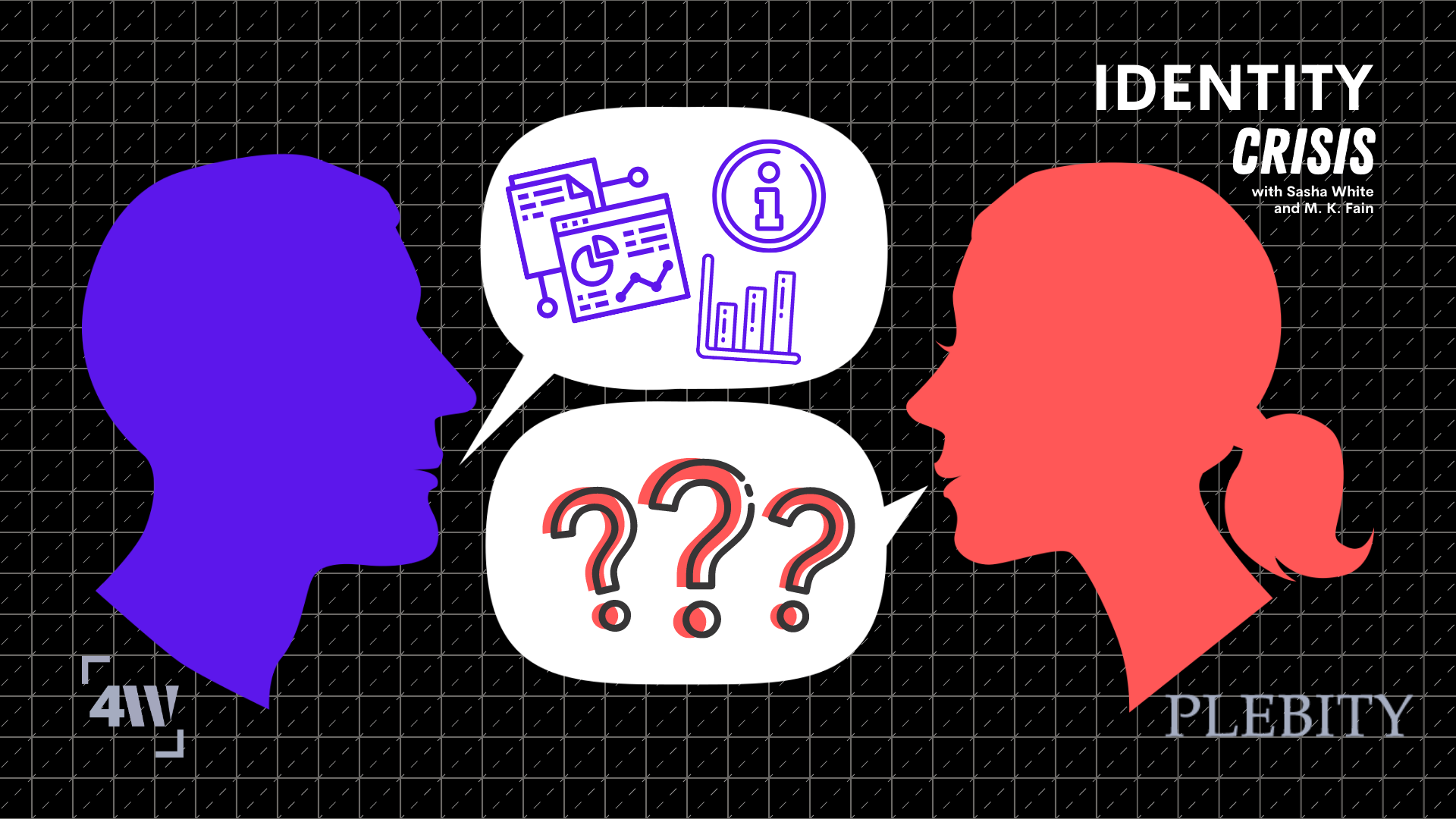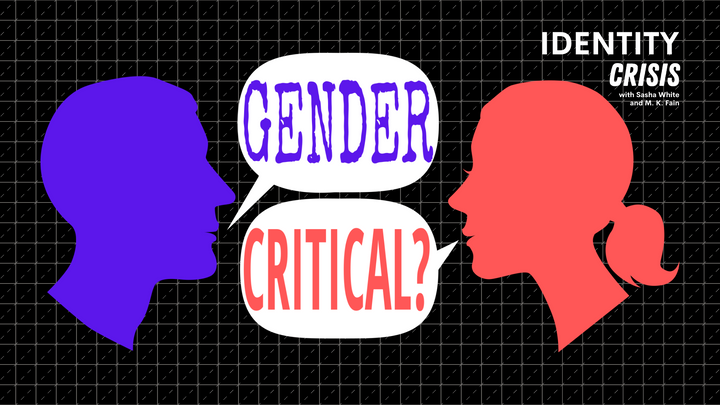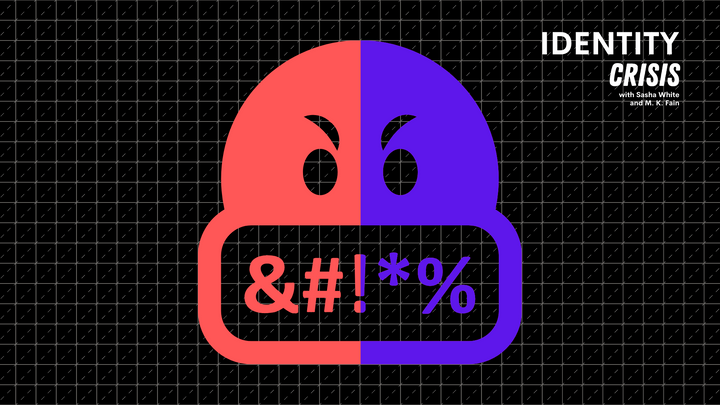Identity Crisis: The Trick To Having Better Conversations on Hot-Button Issues
Asking questions the right way to stimulate genuine thought

"Identity Crisis" is a new weekly column and podcast for young people struggling with the modern orthodoxy of gender identity ideology—developed in collaboration between Plebity and 4W by M. K. Fain and Sasha White. Each week, we will answer one or two of your questions, both as a running column here on 4W, and in the form of a video on YouTube.
To submit a question, email us at: [email protected]. We may publish your question in full, so be sure to leave out or change any identifying details if you would like to remain anonymous. Or, specify that your question is private and you would rather we discuss it in a general way.
If you have tried to engage in a genuine debate on gender identity with your liberal peers, coworkers, family, or friends, you may quickly find yourself on the defensive. All of the facts, statistics, or poignant anecdotes in the world appear to make little difference to someone who believes they are on the “right side of history.”
Many people choose to stay away from these conversations entirely, a perfectly reasonable response since conversations on the issue have (at least in my experience) often led to severe social consequences. However, a growing number of “gender critical” women are ready to start engaging in these debates, especially as current events are putting gender identity front and center on the national stage.
As we discussed in last week’s column, throwing a bunch of facts at your opponent in a debate may not be the most effective way to change their mind. So if people won’t listen to facts and reason, what are you supposed to say?
For those of us liberals who started off agreeing with the “trans” party-line only to later become gender critical, this process almost always began with one simple thing: a question.
My mind wasn’t changed on gender identity when someone sent me a bunch of articles to read. It was changed after I was asked a question I didn’t know the answer to, and I was forced to either sit in that ignorance or learn more. Not everyone will, but I chose to learn more.
Asking questions when debating with others on controversial and emotional issues is a great way to not only reduce animosity in the conversation by coming across as less hostile, but to also increase your chances of opening up the other person to your point of view.
It’s not just asking any question that matters, though. According to David Robson, author of a book on common reasoning errors, asking people to describe how something works rather than
why they believe it is more effective in decreasing polarized views. In a 2019 article for The Guardian, he explains that this is because of a phenomenon known as “illusion of explanatory depth”:
“When asked about government policies and their consequences, most people believe that they could explain their workings in great detail. If put to the test, however, their explanations are vague and incoherent. The problem is that we confuse a shallow familiarity with general concepts for real, in-depth knowledge…
Thanks to the illusion of explanatory depth, many political arguments will be based on false premises, spoken with great confidence but with a minimal understanding of the issues at hand. For this reason, a simple but powerful way of deflating someone’s argument is to ask for more detail.”
When we ask someone how something occurs, we not only express curiosity and interest in their perspective, but also encourage them to look deeper into their own assumptions.
Consider the following questions about the trans debate framed as both Why or How questions:
“Why do you think trans women are women?” vs. “How do you know when someone is a woman?”
“Why do you think boys who identify as girls should be able to compete in female athletic leagues?” vs. “How do schools decide which students should be allowed to compete in single-sex athletic leagues?”
“Why should male prisoners, who may be violent, be admitted to women’s prisons?” vs. “How will women in prisons be impacted by being housed with male prisoners, who may be violent?”
The why questions are a good start, but party-line liberals probably already have the answers to those questions drilled into their heads: “Because they identify as women.”
It doesn’t matter that this statement is illogical, or often relies on circular definitions. Asking questions their brain already has a designated mantra for is unlikely to force new original thoughts. However, asking how something works, how it would work in theory, or how it will impact the people in the discussion forces the other person to break out of the mantras and into a place of real thought.
Even if you don’t change the person’s mind completely, asking “how” questions has also been shown to reduce polarization and extremism in attitudes. When people are forced to describe how something works, this illuminates the gaps in their knowledge—making them more open to the idea that they could ultimately be wrong. Simply asking someone “why” they hold an opinion has not been shown to have the same depolarizing effect.
Once someone has started asking questions on gender identity, the battle is already half-way won.
You can listen to "Identity Crisis" on Spotify, Google Podcasts, or wherever you get your podcasts. Subscribe to updates on Identity Crisis here: identitycrisis.xyz/get-updates
Enter your email below to sign in or become a 4W member and join the conversation.
(Already did this? Try refreshing the page!)





Comments